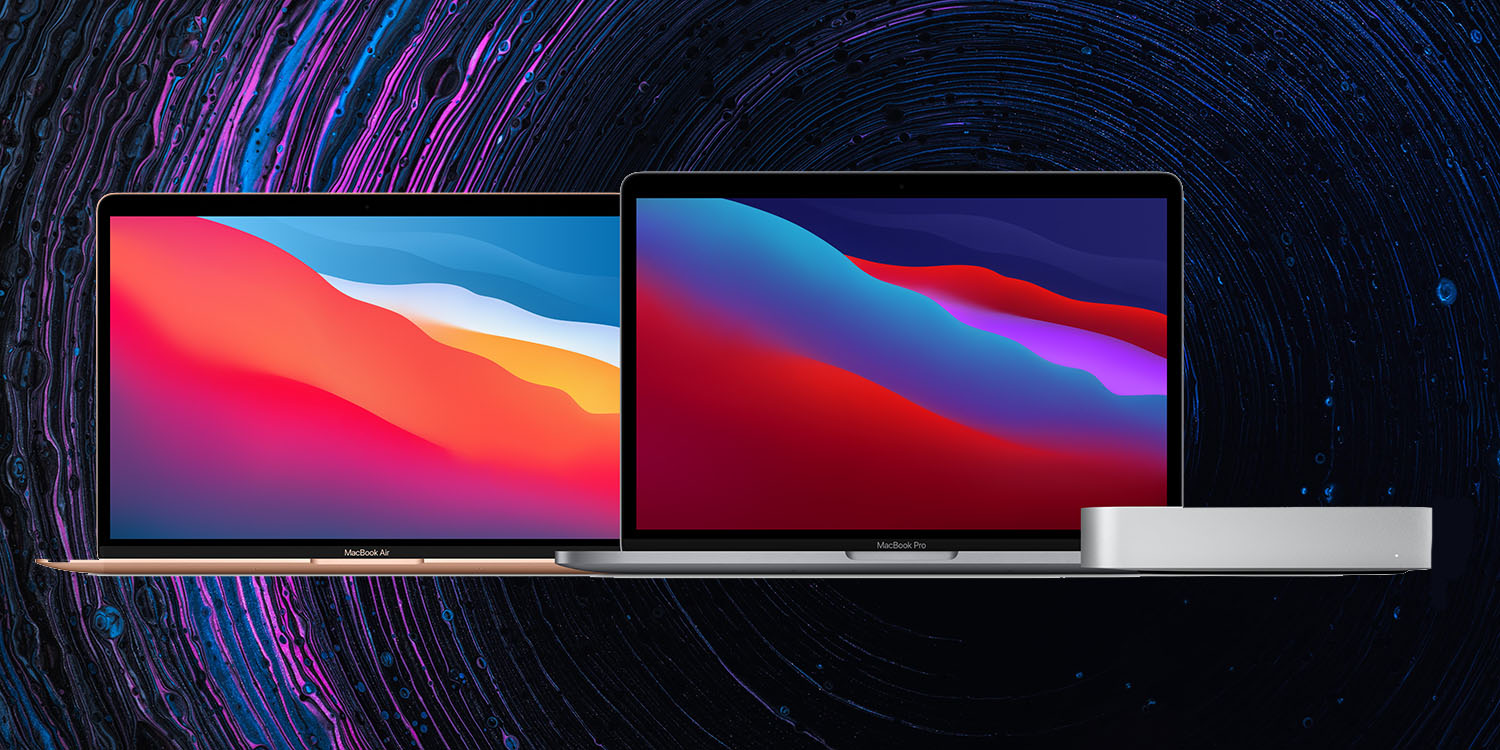
M1 Mac Linux 6.2 support is now available – an achievement that Linux creator Linus Torvalds originally saw as an impossible task. It can be run on the M1, M1 Pro, M1 Max, and M1 Ultra chips.
Torvalds had long wanted an ARM laptop capable of running Linux, and when the M1 MacBook Air came out said that it would have been the perfect machine but for the fact that Apple wouldn’t allow another OS to access the GPU and other elements …
Torvalds was pessimistic back in 2020.
“I’ve been waiting for an ARM laptop that can run Linux for a long time. The new Air would be almost perfect, except for the OS. And I don’t have the time to tinker with it, or the inclination to fight companies that don’t want to help,” he wrote.
Later adding: “The main problem with the M1 for me is the GPU and other devices around it, because that’s likely what would hold me off using it because it wouldn’t have any Linux support unless Apple opens up.”
However, a group of open-source software developers banded together under the umbrella name Asahi Linux in order to tackle the problem.
Asahi Linux is a project and community with the goal of porting Linux to Apple Silicon Macs, starting with the 2020 M1 Mac Mini, MacBook Air, and MacBook Pro.
Our goal is not just to make Linux run on these machines but to polish it to the point where it can be used as a daily OS. Doing this requires a tremendous amount of work, as Apple Silicon is an entirely undocumented platform. In particular, we will be reverse engineering the Apple GPU architecture and developing an open-source driver for it.
Graphics developer Alyssa Rosenzweig led the work, with Apple GPU drivers making it into Asahi Linux – and subsequently into Linux 5.13.
ZDNet reports that M1 Mac Linux 6.2 support is now essentially official.
Linux 6.2 was released yesterday, and Linus Torvalds described the latest Linux kernel release as, “Maybe it’s not a sexy LTS release like 6.1 ended up being, but all those regular pedestrian kernels want some test love too.”
For once, I disagree with Torvalds. By adding upstream support for the Apple M1 Pro, M1 Max, and M1 Ultra chips, newer Mac owners can look forward to running Linux on their M1-powered machines. And, for techies, that’s sexy.
Today, this support is finally ready for mainline Linux users. Of course, it’s all experimental at this point, but it won’t be for much longer. Linux 6.2 is expected to become Ubuntu 23.04’s default kernel and to be included in Fedora 38 before the late April release of Linux 6.3.
FTC: We use income earning auto affiliate links. More.






Comments